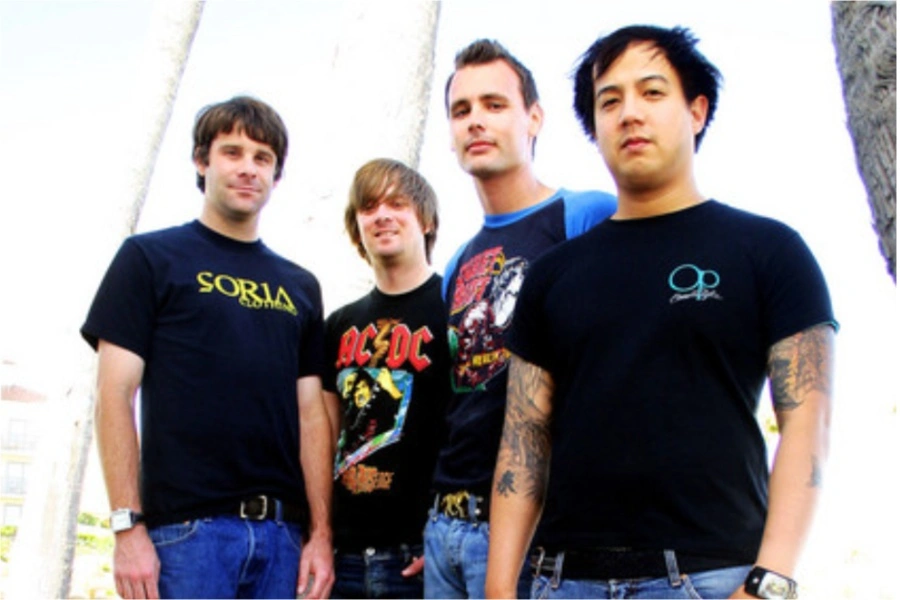LOS ANGELES — Concert promoter Live Nation Inc and ticketing giant Ticketmaster Entertainment Inc. confirmed their merger plans Tuesday and got right to work addressing antitrust concerns that have taken center stage
Ticketmaster Chairman Barry Diller to be chairman of the new company – which would be called Live Nation Entertainment – sought to dispel the notion that the deal would lead to higher ticket prices.
“Ticketmaster does not set prices. Live Nation does not set ticket prices. Artists set the prices,” he said, without mentioning the ticket surcharges Ticketmaster relies on for much of its revenue.
Under the deal announced Tuesday, Ticketmaster shareholders would receive 1.384 shares of Live Nation stock for each share of Ticketmaster they hold. Ticketmaster shareholders would hold 50.01 percent of the new company, while Live Nation shareholders would have 49.99 percent. Live Nation Chief Executive Michael Rapino would be the new company’s CEO.
The companies estimated the value of the combined business at $2.5 billion and said the deal would help them save about $40 million annually. Assuming it gets approval by antitrust authorities, the companies hope to complete the merger in the second half of the year.
Live Nation and Ticketmaster argue that together they could better withstand the recession, sell more tickets and improve service to fans by bringing together their expertise in promotions and ticketing.
However, the merger comes just as Ticketmaster is under fire for recently redirecting people buying tickets to a Bruce Springsteen show from its regular Web site to its reselling subsidiary, TicketsNow. That site had more expensive seats above face value, even though face-value tickets were still available. New Jersey’s attorney general launched an investigation, and a class-action lawsuit in Ontario claims Ticketmaster made a similar up-selling move in November for a Smashing Pumpkins concert
Diller blamed the Springsteen incident on a “technical glitch” by a credit card company, and said the Canadian lawsuit was “without merit.”
“They are just chasing cars down the road,” he said.
Ticketmaster had already apologized for the Springsteen episode, but the fallout remains. Springsteen recently posted a statement on his Web site saying the merger between Ticketmaster and Live Nation could end up “returning us to a near-monopoly situation in music ticketing.”
And Sen. Charles Schumer, D-N.Y., released a statement Tuesday opposing the merger, calling the Springsteen ticketing debacle a “bait-and-switch” scam.
“It is very hard to trust Ticketmaster,” said the senator, a member of the Judiciary Committee. “This merger would give a giant, new entity unrivaled power over concertgoers and the prices they pay to see their favorite artists and bands.”
Diller accused Schumer of making statements that were “factually untrue.”
Analysts believe the Ticketmaster-Live Nation combination could lower some ticket prices because the two companies could present a united front to artists when negotiating business deals surrounding tours. The companies are also seeking to fill more seats in venues that are going empty.
Ticketmaster sells tickets for more than 80 percent of the major arenas and stadiums in the U.S., according to concert tracking firm Pollstar. Live Nation is the world’s No. 1 concert promoter and owns more than 140 venues. It has comprehensive rights deals covering the tours of such artists as Madonna Jay-Z U2 and Shakira
In January, Live Nation launched its own ticketing service. That brought it and Ticketmaster closer to an all-out scramble for ticketing deals.
Now, Diller said Tuesday, the tough economy has increased the urgency to put the companies together.
“I have been trying and mostly consistently failing to put these companies together for many years now,” he said. “Now is the time to do this.”
After the Grammy Awards ended Sunday, Neil Portnow president of the National Academy of Recording Arts and Sciences took a balanced view of the deal.
“I think it’s not a black and white issue,” he said. “Music’s had a tough time obviously. So to the extent that there can be some efficiencies and you can run a better business, that’s something that we have to look at as something pragmatic. On the other hand, the question becomes, `Does this create too much authority and power and control under one roof?'”
Irving Azoff Ticketmaster’s CEO, who would be executive chairman of the new company, told analysts on a conference call that other artist promoters would be given a fair shake in dealing with the new entity.
“We think that it will be a more level playing field, and there’s no real barrier of entry for anybody to expand their promotion areas,” said Azoff, the longtime manager of the Eagles. “The goal of this company is going to be to get more artists to work and fill more venues and fill more seats.”
Live Nation shares fell 30 cents, or 5.7 percent, to $4.99 in afternoon trading Tuesday, while Ticketmaster shares dipped 27 cents, or 4.1 percent, to $6.30.
Both companies are well below their 52-week highs: $18.75 for Live Nation and $27 for Ticketmaster.





























